Museums are always a go-to haven for inspiration and knowledge, but there’s no denying that the size of visiting crowds can get overwhelming and in the way of your own enjoyment. So when the Art Gallery of Ontario (AGO) in Toronto gave our 500px team an invitation to tour their empty space during after hours for their #EmptyAGO event, we hopped on the opportunity immediately. It’s not often you get a private tour of a gallery, whose collection has more than 90,000 works of art, without any other visitors; other than the select handful of influencers and photographers that were invited. The best part? We get to take our cameras with us, as they’ve allowed us to photograph the empty spaces. There was around 6,000 square feet of space with nothing but art and architecture to explore and capture. Our guide, AGO social media officer Amanda Hadi showed us beautiful work from artists all over the world, as well as stunning architecture.
“Walking through a quiet gallery was a serene experience, and it allowed me to take photos at my own pace.” Janet Kwan, one of our content editors, shares.
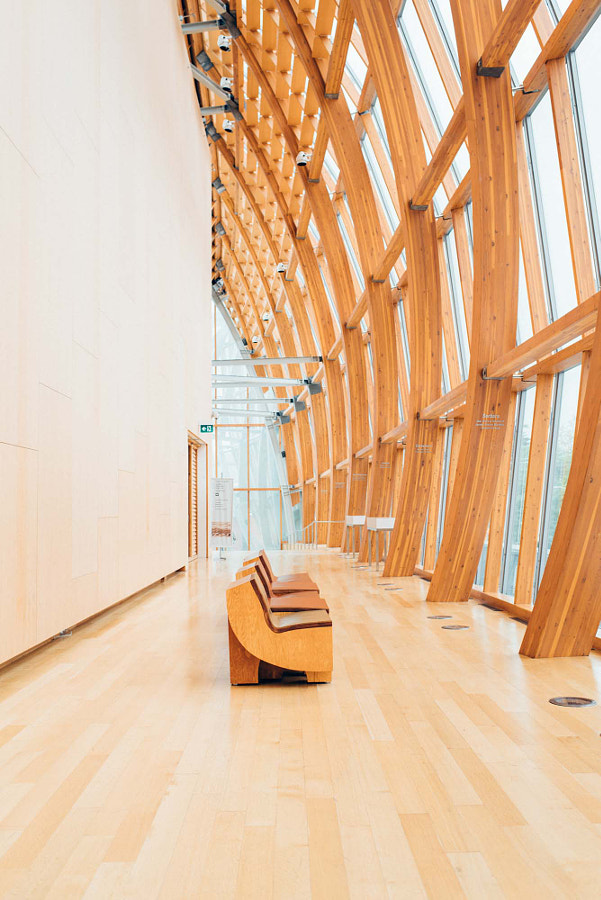
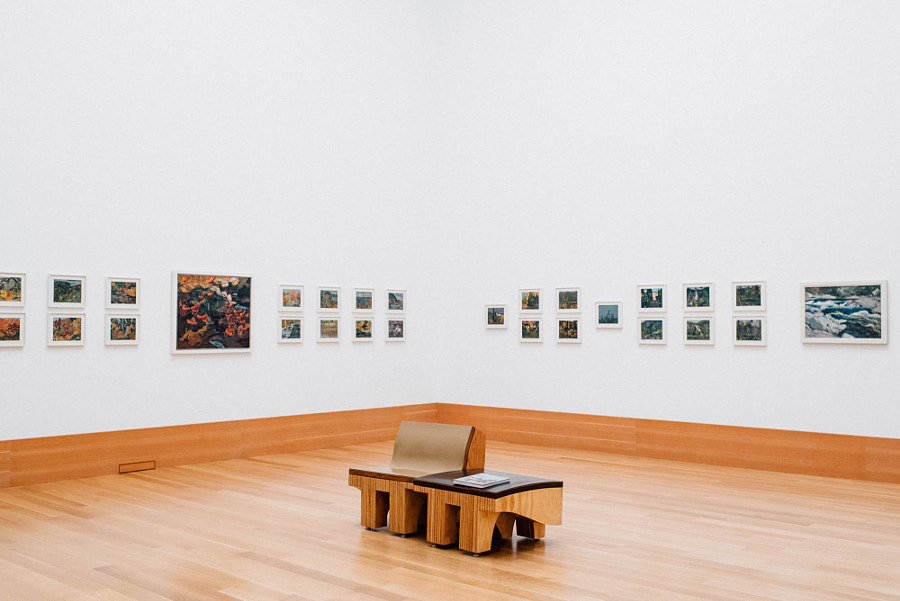
“I enjoyed slowing down and taking a moment to soak in the story of each art piece and its creator. I found that I was shooting as if I was using film because I wanted to have the right frame before taking the photo.”
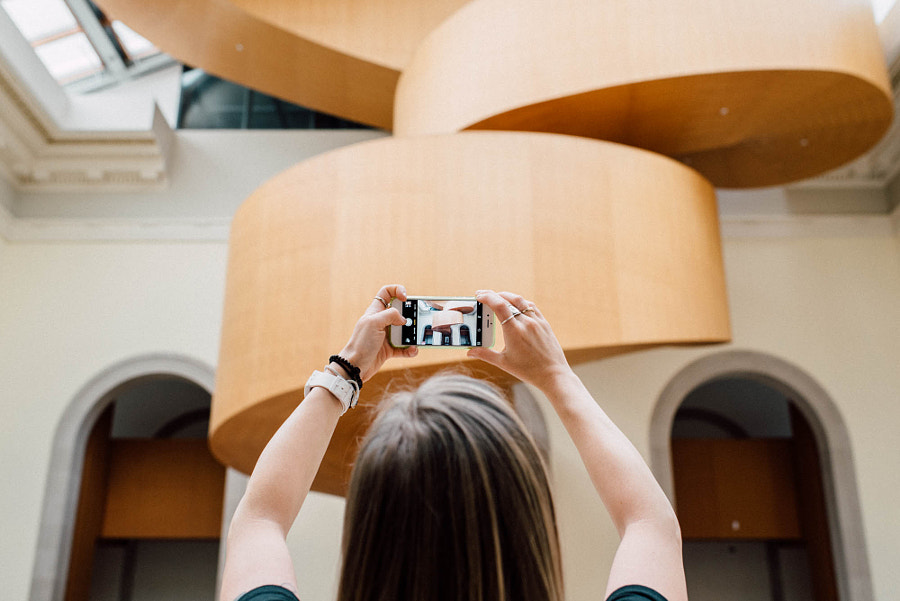
“We loved exploring Walker Court, the Spiral Staircase, and Galleria Italia because of the grand open space and its amazing light—perfect for photography. The intricate details were an art in itself so every angle was great to photograph!” adds Janet.
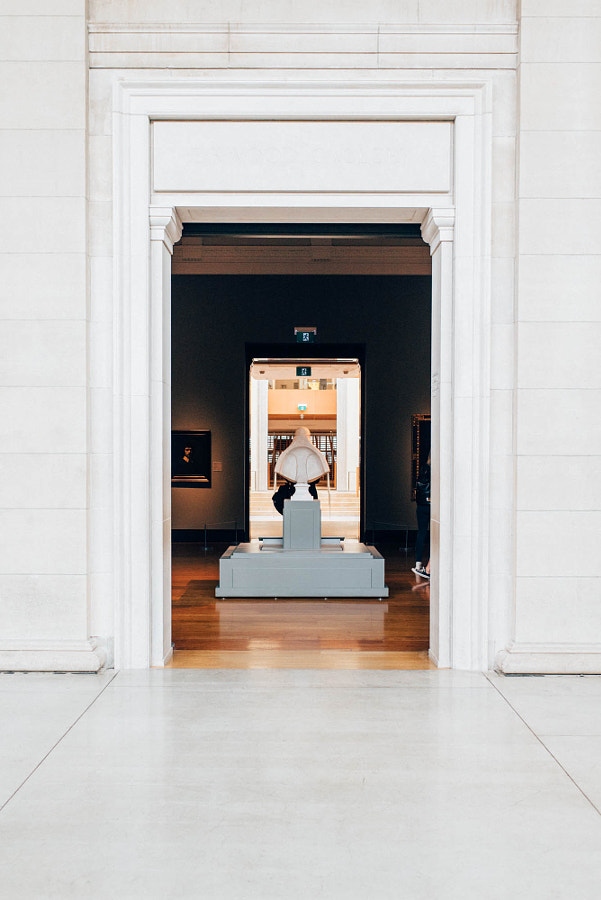
Not many of you may be able to experience a museum or gallery as cool as AGO which allows visitors to photograph spaces and creates unique events like #EmptyAGO. So we asked their very own social media officer Amanda Hadi for some tips on how you can respectfully and thoughtfully take photos in these venues that won’t be a nuisance to the staff and visitors. Read on!
Tip 1: The great thing about 21st-century museum practice is that, with very few exceptions, visitors can photograph absolutely anything in our collections for personal use. The few exceptions—and I want to stress, few—might be objects on loan for a special exhibition, because they have various licensing restrictions. In this case, we’d post signs very clearly. When in doubt, always ask a staff member or volunteer.
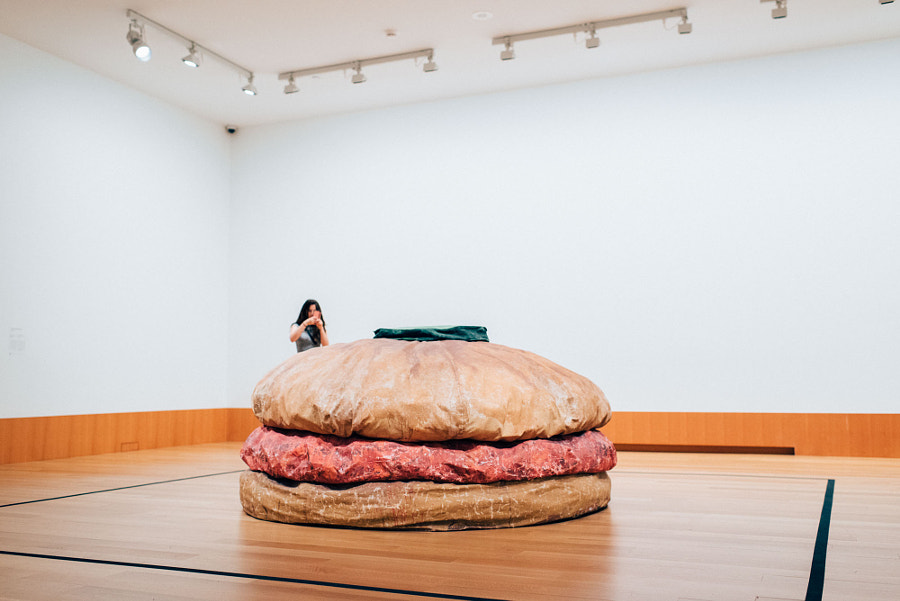
Tip 2: Pick a quiet moment to frame that perfect shot. I think it’s always a good idea to remember that museums are public spaces, and everyone can enjoy art in their own way. So the really cool Rodchenko angle you’re lining up might be impeding someone else’s viewing experience. It doesn’t mean you shouldn’t do it, but you should always be mindful of other visitors, and wait for the right moment. Tip courtesy of Laura Robb, Assistant Interpretive Planner.
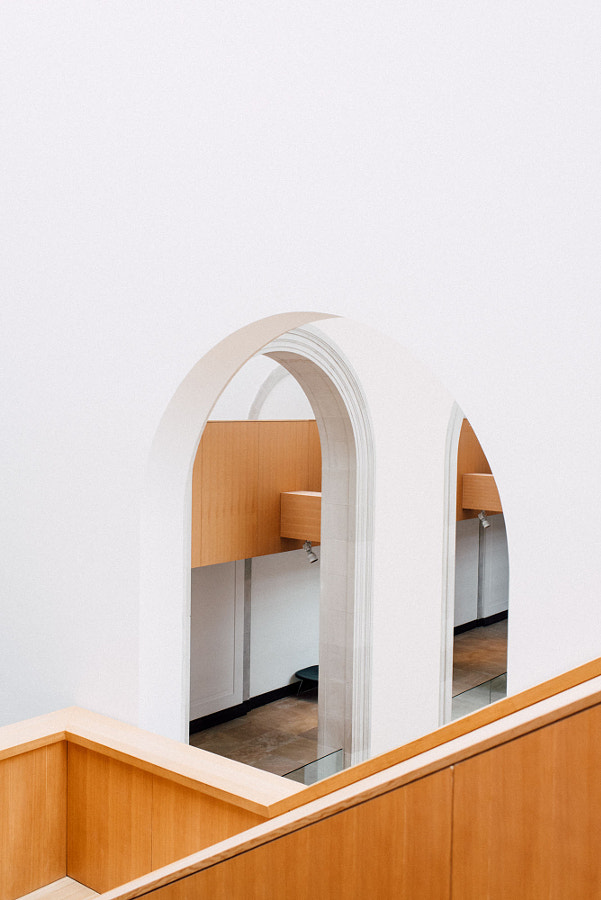
Tip 3: We love the concept behind hashtags like #ArtSelfies and #MuseumSelfies. But nothing can be scarier than watching a selfie-taker, arm angled high and stepping backwards, accidentally back up into or against an artwork. Keep a safe distance between you and the artwork, and the Selfie Gods will smile upon your photo. Our gallery guideline recommends you keep a distance of 1 meter (39 inches).
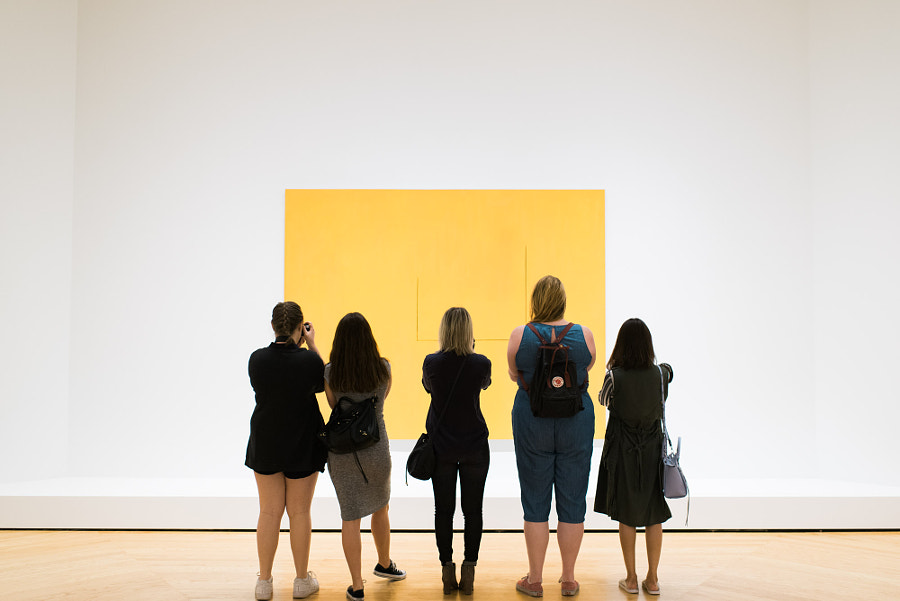
Tip 4: Use captions and hashtags! If you’re sharing a photo from a museum with your online audience, chances are, they’ll want to know where the photo was taken (use that location tag!) and what they’re looking at. If you think a long caption will kill the vibe of your messaging, use an artist or title hashtag. Need some help? Every one of our installations and shows at AGO has a unique hashtag, which we promote on the room’s entry walls.
Interview With Amanda Hadi, Art Gallery of Ontario’s Social Media Officer
What’s the idea behind your #EmptyAGO event?
The #empty museum tours have been around since 2014, beginning with the very first #emptyMet, which gave NYC Instagrammers an all-access pass to the Metropolitan Museum of Art. When I joined the Art Gallery of Ontario a few months ago, I knew this was a project I wanted to recreate immediately. Our online audiences have an incredible eye for detail and capturing that “It” moment in their photos. Every day, I see hundreds of insanely beautiful images from the Gallery tagging us. I knew these content creators, photographers, and bloggers were already visiting the Gallery, hunting for gorgeous images for their feeds. With this very first #emptyAGO tour, I wanted to help them continue shooting, but also give them insight into the architecture and artwork they were interested in.
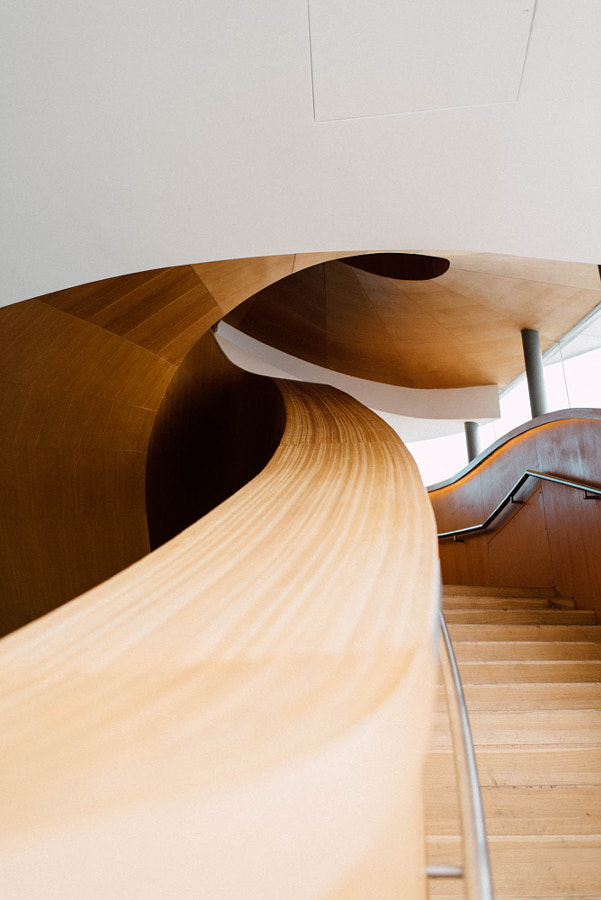
For instance, lots of people always shoot our Frank Gehry-designed spiral staircase, but not many know that he purposely built it narrower at points, so that two people passing each other might meet—even fall in love! It’s not every day you get to experience the Gallery without the crowds, along with that perfect early morning light, and hear behind-the-scenes stories. So the idea and motivation behind this first tour, was first and foremost, to give our audiences this special access, offer insight into the history, design, artwork, and exhibitions in our gallery. And above all, it gives people a chance to meet and socialize.
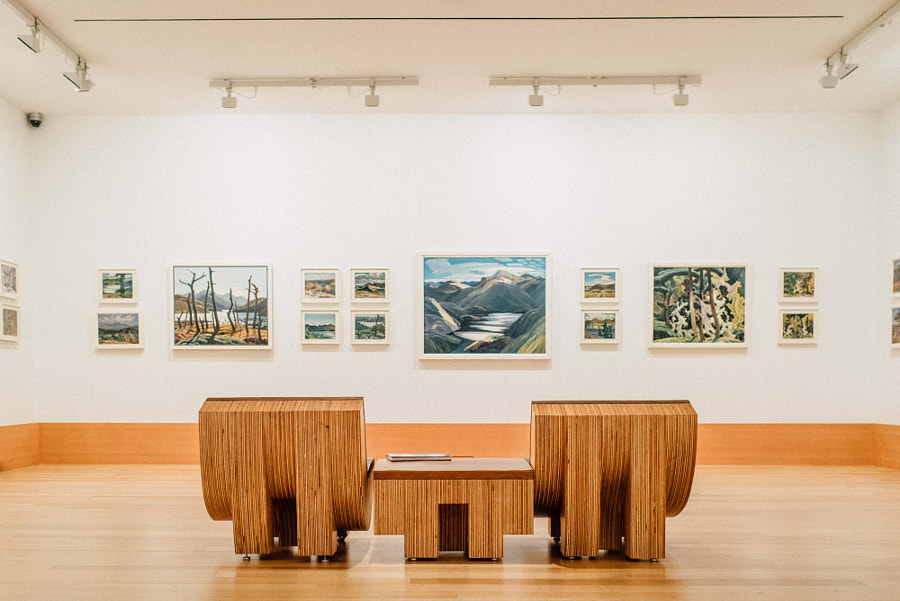
Another advantage has been being able to showcase local Torontonian photographers on our own social media accounts and our blog, Art Matters. I love any chance to promote and share excellent local content. Museums are all about bringing communities together through art—and I think this #emptyAGO tour did just that.
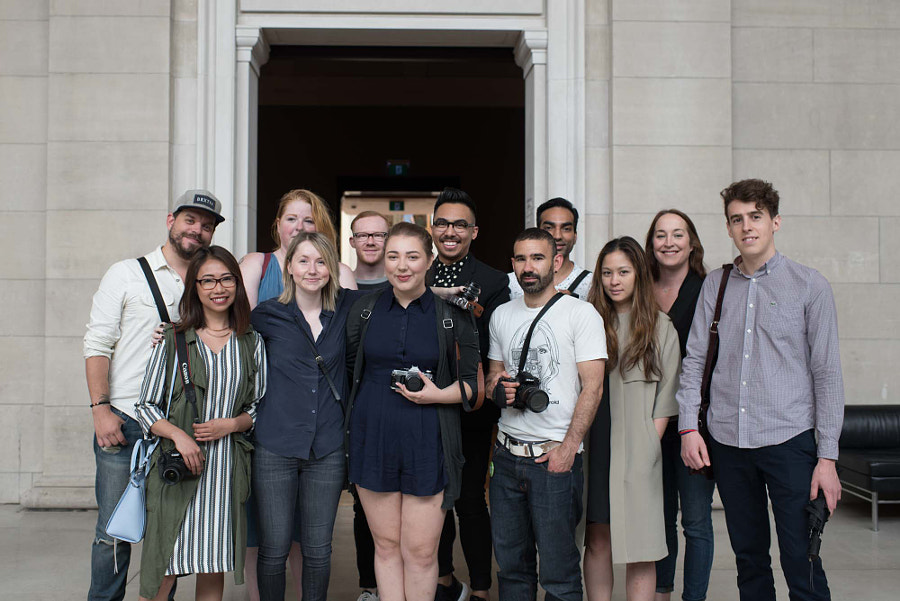
What are your thoughts on other museums and galleries prohibiting the use of photography?
Well, it’s no secret that I’m strong advocate for allowing visitor photography in public spaces. Ask my coworkers—it’s my daily mantra. It’s great to see museums staying relevant in the digital age by acknowledging, adapting to, and embracing visitor behavior. Fast Company reported that last year, 91% of visitors to the Met Museum brought a mobile device with them. I’m sure that number isn’t far-off for the AGO, which is why I’m so glad they have this progressive visitor photography policy. We are, no matter our demographic or age, in this mode of hyper-documentation: I live an experience, and I photograph it with my phone. Those two impulses are intertwined. So I am all about removing barriers to appreciating art. Art appreciation in this century involves a digital memento, or act of image-making, for the visitor.
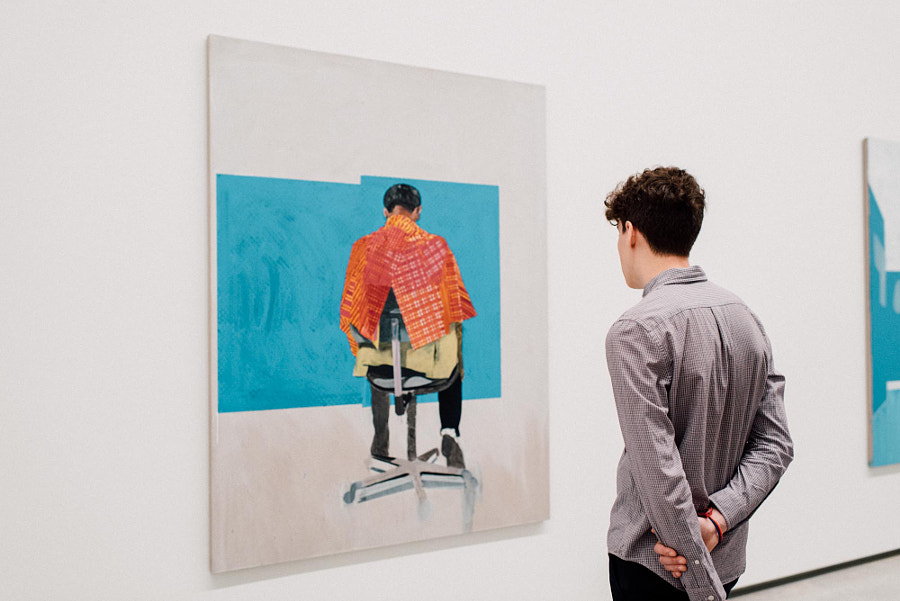
Visitor photography is usually prohibited when institutions or artist estates think it might lead to piracy, such as recreating hi-res copies of artwork for profit. Copyright restriction systems can sometimes create barriers for the wrong people. (I recommend reading this New York Times piece about the artist Rauschenberg’s estate easing up on their copyright protection laws.) I’ve also heard people worry that, “If visitors can see the work online, why would they see it in person?” Here’s the thing—social media and online photography will never replace an in-person visit. We know that, and audiences know that. But social media and photography can enhance that experience. It can lead to a visit. It can promote awareness of that artist. It can pique your interest to see a lush landscape by British-Jamaican artist Hurvin Anderson on Instagram and say, “Who is that? How can I see that painting up close?” Social media and visitor photography are creating unprecedented access and entry-points to art. Basically, where there might have been one road to get to a museum, now there are millions. This is incredible, and we should embrace it. To be a modern museum, you need a modern outlook.
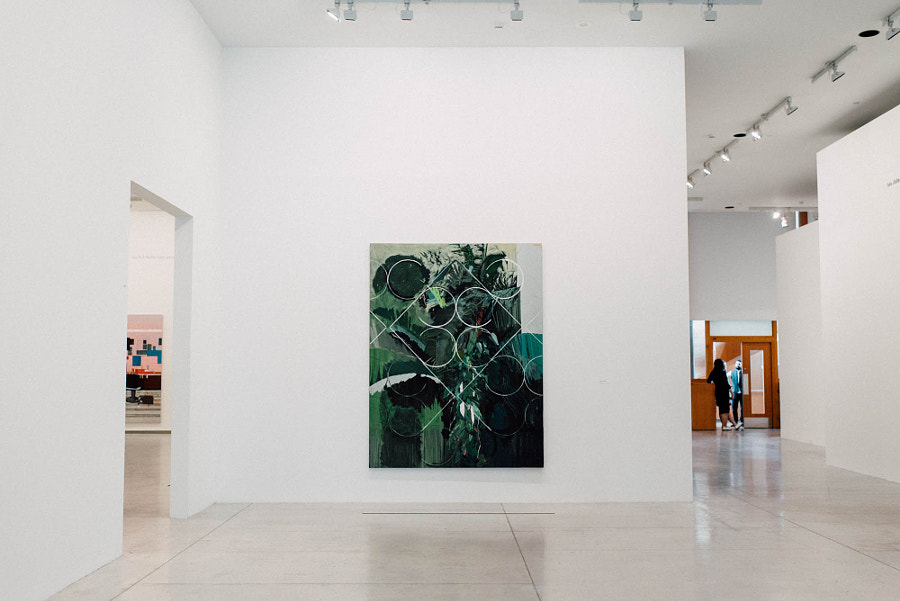
What are some other events or exhibits we can expect from in AGO in the future?
We’ve got a really stellar exhibition lineup for the next year. We’ve got a retrospective about Lawren Harris and his influence, co-curated by comedian and art collector Steve Martin; a look into the creative process of Guillermo del Toro, which brings together curiosities and objects from his home-turned-museum, “Bleak House”; we teamed up with the Musée d’Orsay to present Mystical Landscapes: Masterpieces from Monet, Van Gogh and more; and we’re the only North American stop of an exhibition on Georgia O’Keeffe, the highest selling female artist in history. It’s a good time to be a member.
Browse this gallery to see the rest of the images from the #EmptyAGO tour.
In Toronto? Make sure to visit AGO when you’re in town. You can follow them on Instagram, Twitter, and Facebook. And you can also follow Amanda Hadi on Twitter if you have any other questions about photography in art galleries.